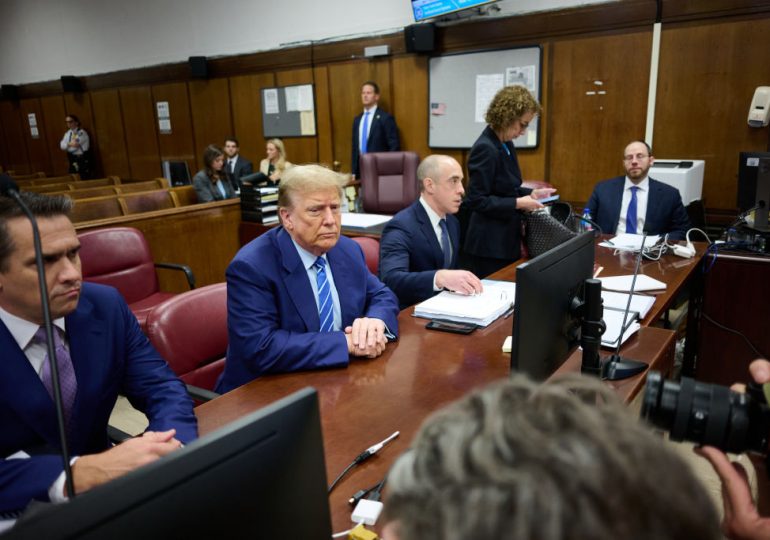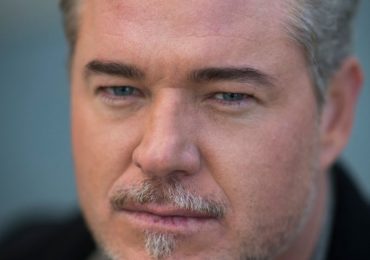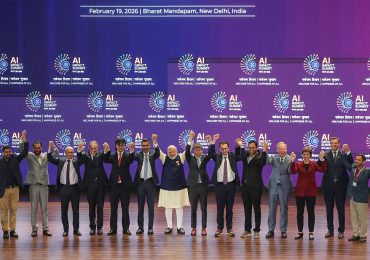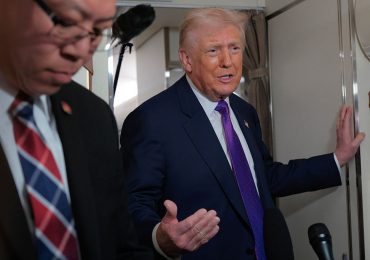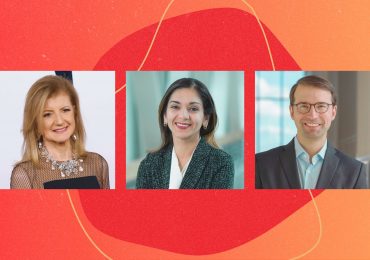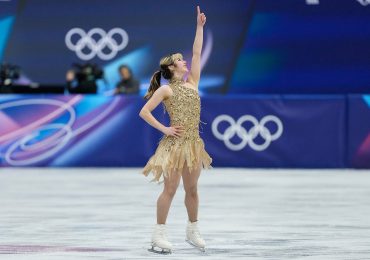This article is part of The D.C. Brief, TIME’s politics newsletter. Sign up here to get stories like this sent to your inbox.
[time-brightcove not-tgx=”true”]
More jurors were excused than asked to stick around for more questions on the first day of former President Donald Trump’s criminal hush-money trial. The second day isn’t going much better. It’s a sign of just how hard it’s going to be to find a jury in the deep-blue corner of Manhattan where the defendant is the presumptive GOP nominee for the White House and a local tabloid gossip subject going back decades.
That doesn’t mean the defense attorneys, prosecutors, and Judge Juan Merchan stopped trying while the defendant alternately snoozed and scowled, sulked and social-media’d himself as a political prisoner in fundraising pitches. “I JUST STORMED OUT OF BIDEN’S KANGAROO COURT!” the ex-President wrote on Monday. (In reality he did no such thing.)
Legal experts warned even before the history-making day began that the process of picking a jury would not be an easy one—but it is possible. This is not the time to rush, and the lawyers seemed to appreciate that.
To get there, the lawyers are sifting through the large jury pool, with about 500 candidates called for the first day of culling. With remarkable candor, 50 of the 96 brought into the courtroom on Monday told Merchan that there was no way they could possibly be impartial or fair toward Trump, who is accused of paying $130,000 in Trump Organization money to adult film star Stormy Daniels before the 2016 election to keep her quiet about an alleged tryst from years prior, and then falsifying the linked business records. (Trump has pleaded not guilty.) Two other potential jurors were allowed to leave the dingy Lower Manhattan courtroom: a man who said his child was scheduled to marry in the potential trial window, and another who changed her mind from the first round of questions about impartiality and reversed herself.
“I just couldn’t do it,” one potential juror was overheard saying outside the courtroom on Monday.
Those who haven’t yet been excused still were not seated, and the day ended without a single of the 11 jurors impaneled. Tuesday was expected to bring yet another day of searching for the elusive panel of citizens who regardless of the outcome were making history. And it wasn’t going much faster. Just picking the jury could take two weeks or more.
The New Yorkers time and again on the first day of the first of four criminal trials looming over Trump said the quiet part aloud: almost no one is neutral to this norm-bending, history-making, celebrity-soaked figure. Even those who professed an ability to start with a blank opinion still were likely to have their 42-question survey scrutinized carefully by both teams of lawyers in what could be the only criminal trial to return a verdict on Trump before voters render theirs at the ballot box this November.
This is not an opening step to get wrong. The defendant’s profile only complicates the chase of a jury that would render a verdict that, either way, will make history and alter the nation’s future by clearing or condemning the first former President—and presumptive presidential nominee—to face a criminal trial. There’s a high chance that at least some elements of their verdict would face appeals.
Polls show a divided America, with about half of respondents saying Trump was guilty of falsifying the business records at issue in the New York case. A YouGov poll from early April revealed a partisan division that follows the other contours of our politics. A plurality of 48% of adults agreed that Trump fudged business records and 26% said they were not sure and another 26% said they disagreed. But along party lines, 87% of Democrats believed Trump was guilty, while just 14% of Republicans agreed. A New York Times/Sienna College poll from roughly the same sampling window matched those numbers; 46% of the likely voters this fall believe Trump should be found guilty, while 37% say he should not. Again, it really depends on politics: 82% of those planning to vote for President Joe Biden this fall said Trump should be found guilty, while 77% of likely Trump voters thought the opposite.
Views on the trial’s potential impact in November were equally divided. A March Quinnipiac poll found 55% of all voters said a conviction wouldn’t matter and 12% said they’d be more likely to vote for him. Just 29% of all voters said it would have a negative effect on their vote.
But among Republicans, the hardened support isn’t at risk of going flimsy. A majority 62% of Trump supporters said it would make zero difference and 26% said they’d work harder to get him back to the White House. Just 10% said a conviction could ding their enthusiasm.
Perhaps most damning to keep in mind during jury selection: only 3% of Americans told YouGov they didn’t have an opinion of Trump. (For comparison, Israeli Prime Minister Benjamin Netanyahu’s don’t-know number 34%. March Madness breakout star Caitlin Clark’s number is 59%.)
All of which is to say this: this may be one of the toughest juries to impanel in a very long time.
The right to a fair jury extends to everyone in the civilian U.S. justice system. High-profile defendants like Trump make the stakes even higher. It is possible that it might be close to impossible to find a truly impartial jury, but that doesn’t mean the lawyers and judge aren’t going to try their best. They’re weeding out the obvious disqualifiers like membership in QAnon or employment by the Trump business orbit, and extending to whether candidates had read books or listened to podcasts that were critical of Trump.
Jury selection is merely the first step of this process, which is expected to keep Trump at the defendant’s table and off the campaign trail for around six weeks. Trump lost an early motion seeking to be elsewhere during the proceedings, when he asked to attend his son’s high school graduation on a Friday next month.
“I was looking forward to that graduation with his mother and father there, and it looks like the judge does not allow me to escape this scam,” Trump said outside the courtroom Monday.
This whittling-down process is going to take a little while. To be fair, it should; no one wants to have to redo this trial based on appeals over sins committed in Act One. But Trump’s singular celebrity and envelope-pushing grandstanding stand to make it more difficult to find truly willing and impartial jurors. And for a defendant who has tried every delay tactic at his disposal, that may be precisely the point. We had better find comfortable chairs as we watch this unfold.
Make sense of what matters in Washington. Sign up for the D.C. Brief newsletter.
Leave a comment
